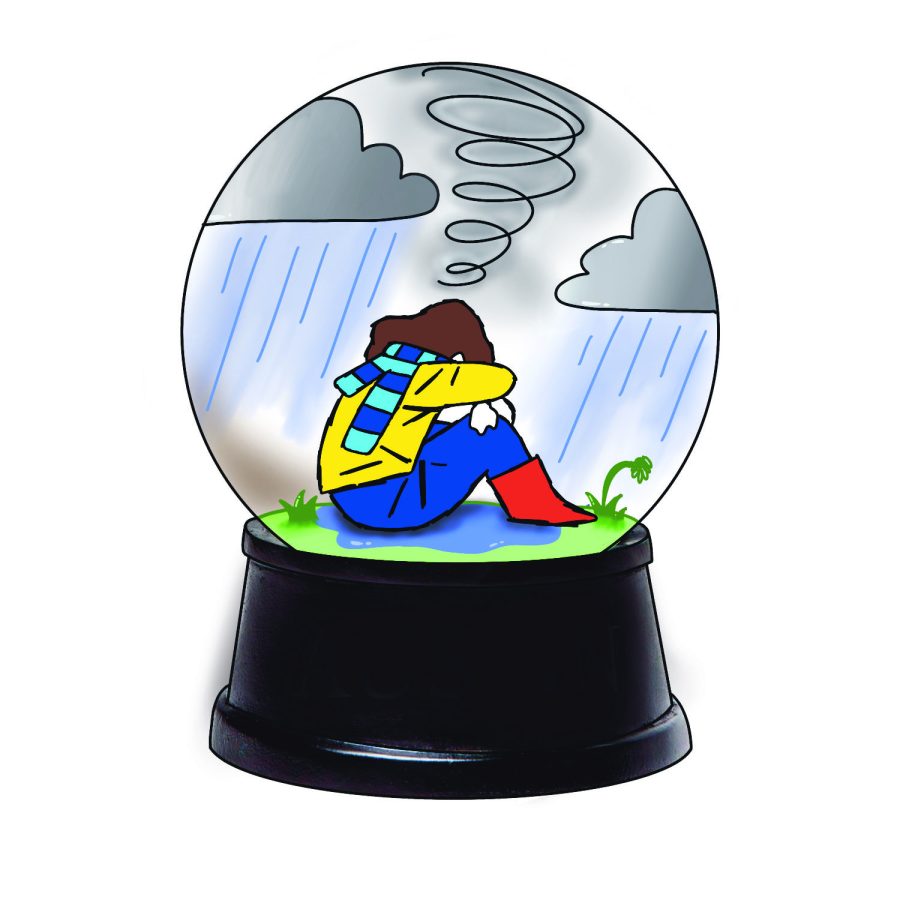Junior Coral Johnson sits at her desk busily typing an essay, faintly illuminated by the glare from her computer screen. Her eyes rest for a second, shifting towards the window, where she catches a glimpse of the sky. To her dismay, the once blue and pinkish sky has transformed into a vast expanse of jet-black. To her left, the digital clock reads 5 p.m.
Like many students experiencing difficulty concentrating and tiredness, Johnson said she struggles to adapt to the annual transition out of daylight saving time.
According to the American Academy of Sleep Medicine, in fact, the transition into and out of daylight saving time can lead to an increase in sleep disruption, mood disorders and suicide.
In 2018, voters approved Proposition 7, allowing the California legislature to end the constant clock changing statewide. However, the proposition didn’t change daylight saving time; instead, it gave the legislature the ability to change the law if they earned a two thirds vote and the federal government’s approved, which has not happened.
“I’ve noticed that as the days start to darken faster, my concept of time changes,” Johnson said. “I find it harder to do work when it feels like I should be sleeping.”
Junior Trey Collins said that while the shorter days during winter affect his mood, he finds that surrounding himself with others can improve the effects of isolation.
“I think shorter, colder days always will affect my mood because I am forced to be inside rather than outside and enjoying the day,” Collins said. “Being with other people while being inside to socialize can make it feel less isolating.”
According to AP Psychology teacher Christopher Farina, if individuals find themselves feeling symptoms as a result of the transition into or out of daylight saving time, they should spend more time outside.
“Make sure that you’re getting some kind of sunlight exposure every single day during the winter so you’re not spending long stretches (of time) inside with artificial lighting,” Farina said. “In the spring, make sure to go to bed earlier so you’re not losing an hour of sleep.”
Farina also said if people are being deprived of sleep, they may experience changes in their current state which can lead to additional health conditions.
“While (losing) one hour of sleep may not be the biggest difference, it can lead to short-term depression and poor cognitive functioning,” Farina said.
Despite the various ways to reduce the psychological effects of daylight savings, Collins said he still thinks the winter blues affect people on a larger scale.
“The cold and shorter days are a form of social friction, making it harder to interact with people as freely or spontaneously because we are all inside for a lot of the day,” Collins said. “Overall, it does affect the
community as a whole.”

